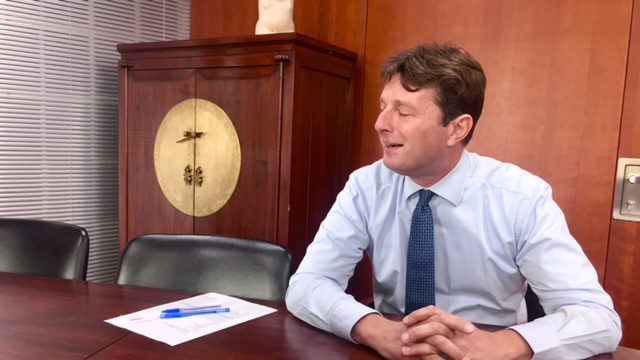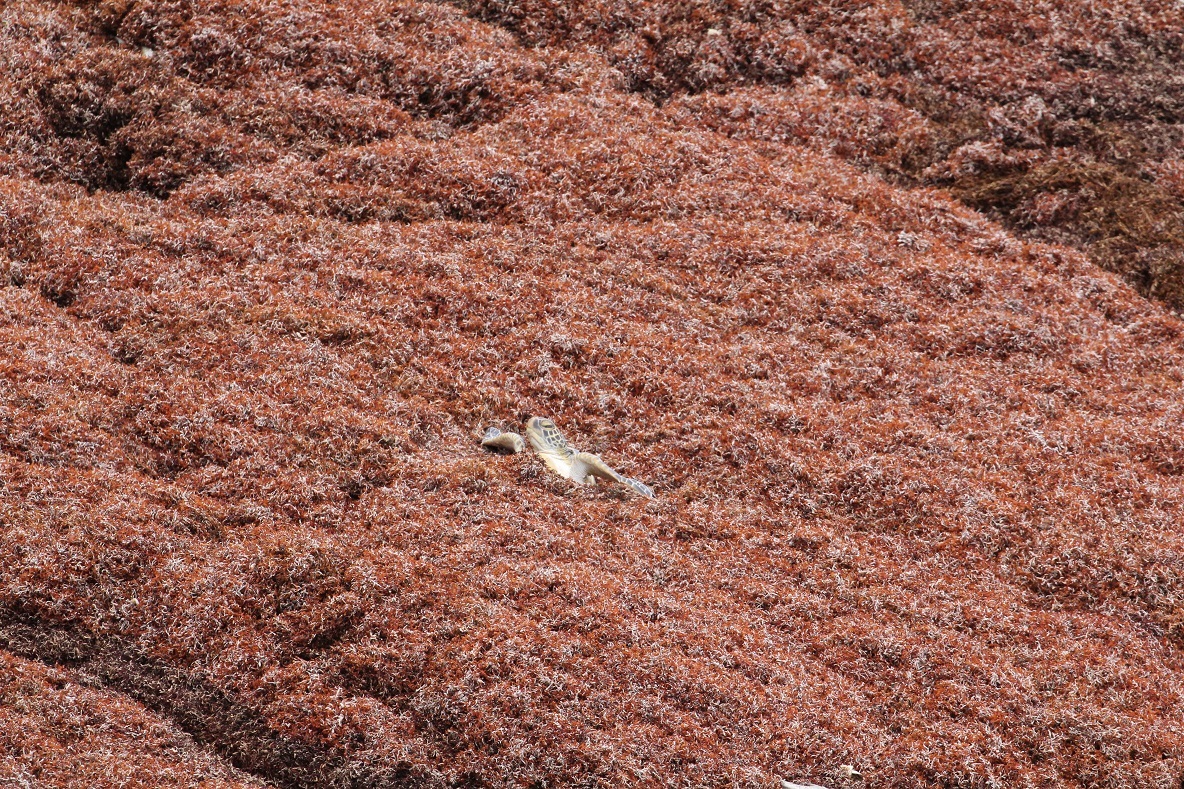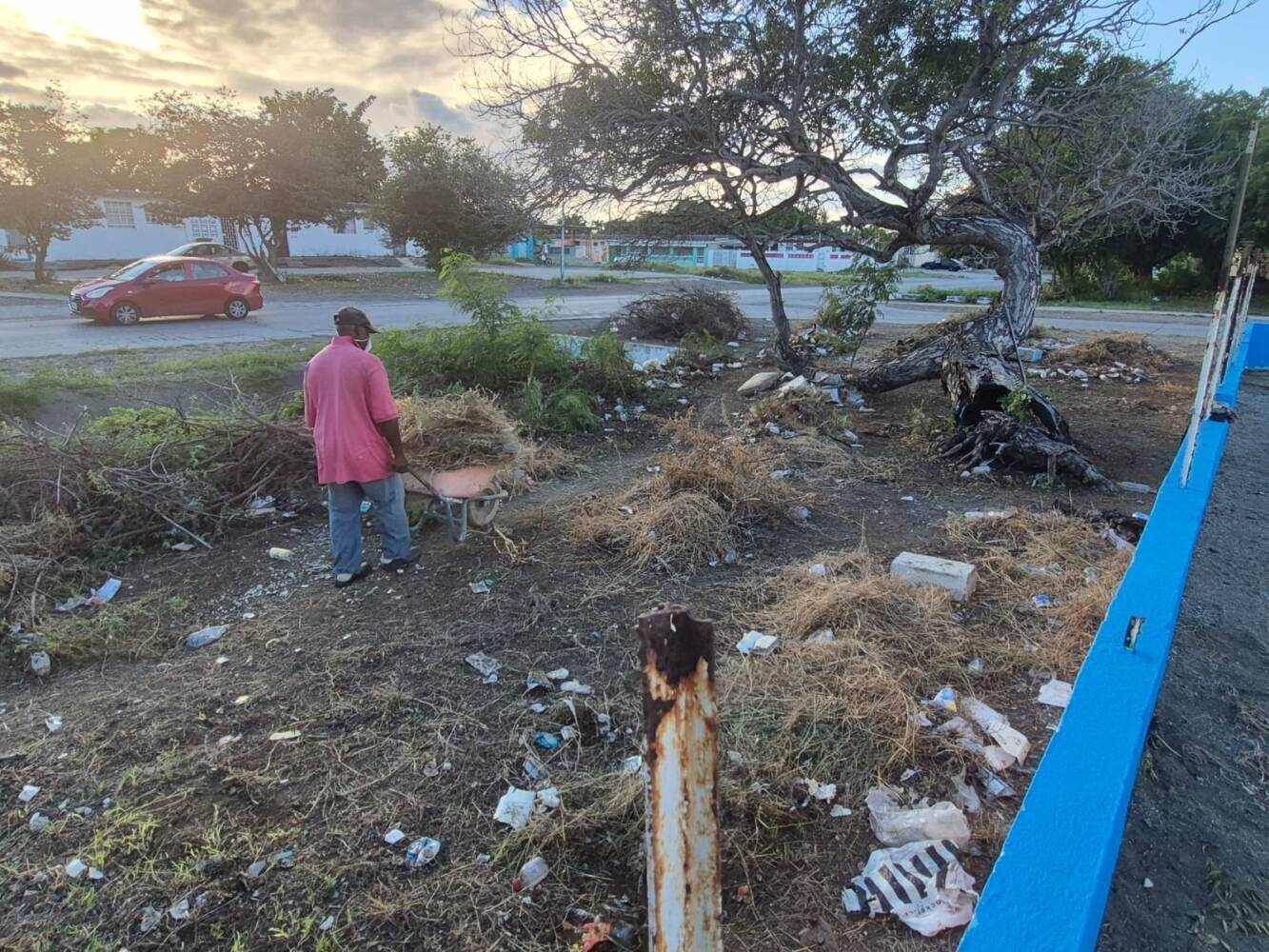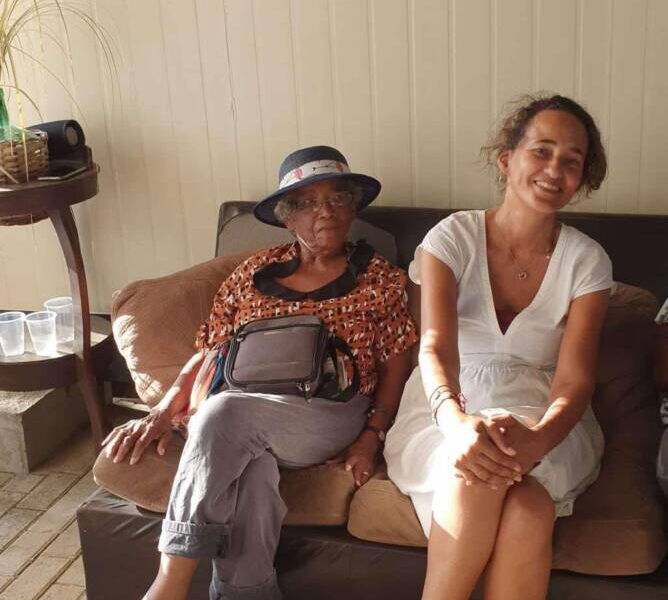WILLEMSTAD – As his tenure in the post has come to an end and before returning to the Netherlands in the coming days, Attorney General Guus Schram announced in an interview an even stronger approach to combatting corruption and fraud in the higher layers of society.
“Whether it is Schotte or Trump, we take on the case and try to make it stick. If we take on a case, it is so well prepared that a conviction can be expected.”
“As has taken place on Curaçao on St. Maarten and on Bonaire, politicians, country leaders, ex-ministers, a ministerial president, immigration officials and bank directors have been successfully prosecuted and convicted.”
“When we take on a case of corruption, we don’t only look at prosecution, but to the responsible minister or the concerned organization we ask the question: What are you going to do to prevent this from happening again.”
“There is a greater will to do something now than there was three and half years ago. I see now, for example, department heads coming forward with integrity problems. Issues at the Coast Guard and the Admissions Organization are good examples of this.”
Interception team
In addition, a successful experiment was completed with the collection of fraudulently acquired funds or resources.
“The interception team was initially posted for one year. We had to show that there was a business case: money invested in the team had to be recovered through confiscated funds. This was successful. On request of the Ministers of Justice the project has been prolonged.”
Schram thinks that his successor Roger Bos, who will start next Friday, will suggest to the Ministers to double the team. “Then the team is bigger and less vulnerable. We are formulating structure,” according to Schram.
Information
Schram has submitted a policy document that will focus on the work of the OM and the judicial chain over the next five years. The document pleads for more participation of the public with the justice division, better acquiring of information and managing of the country’s borders.
Schram: “We want to know what is coming in and getting out of our country: people, drugs, weapons, cash. For now, we have no idea. From Trinidad – and this is not far from here – jihadists have left Syria. They undoubtedly flew via Curaçao or St. Maarten. We all want to know more about this.”








